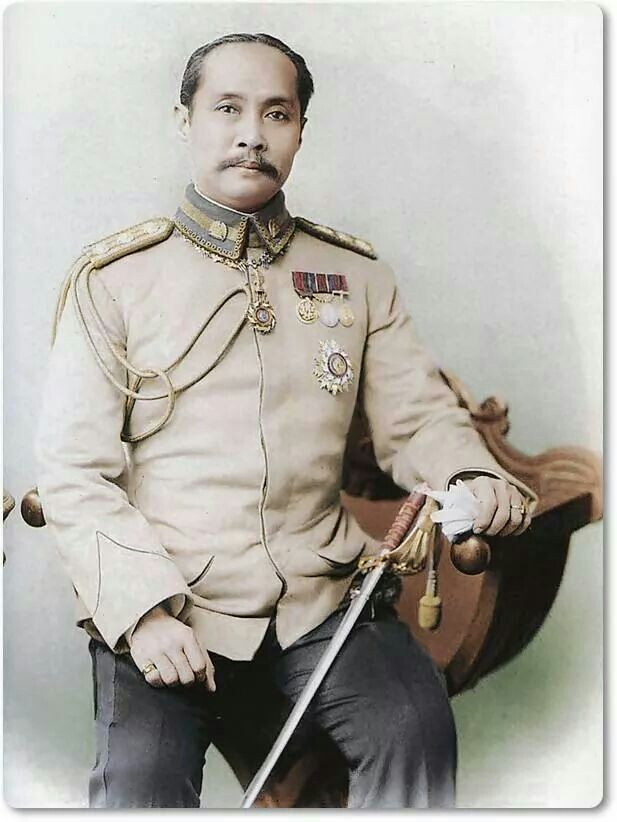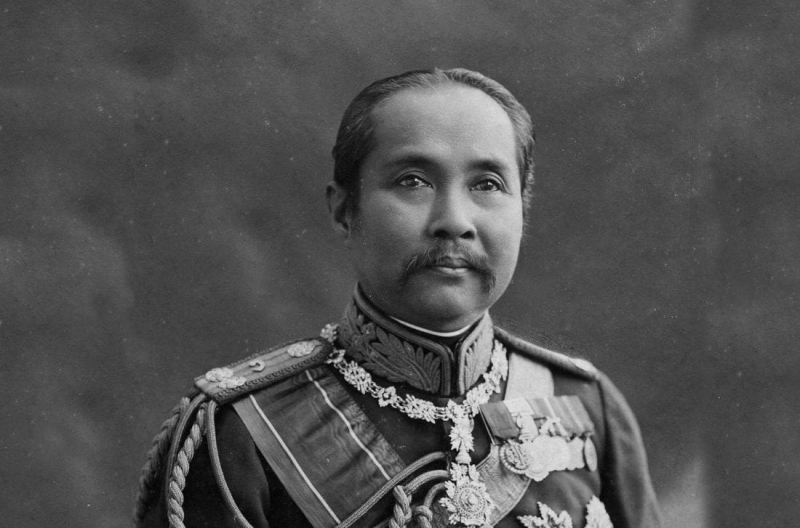Chulalongkorn
King Mongkut's ninth child, Chulalongkorn, was acknowledged as the rightful heir to the throne because he was the first to be born to a royal queen. When his father passed away in October 1868, he was only 15 years old, and Somdet Chao Phraya Si Suriyawong served as his regent. Siam's king Chulalongkorn evaded colonial rule and started sweeping reforms.
The youthful monarch instituted a number of ambitious changes after being crowned in November 1873, starting with the abolishment of slavery, the enhancement of judicial and financial institutions, and the establishment of appointed legislative councils. His dedication to reforms based on Western ideals, which he believed were essential for Siam's existence, enraged conservative court factions and sparked a political crisis at the beginning of 1875.
Rejected by the older generation, the king made no additional reforms for the following ten years. Still, he gradually amassed a team of capable, dependable administrators with whom he started to revamp Siam's outmoded government in the middle of the 1880s. Twelve ministries, functionally organized along Western lines and in charge of such duties as provincial administration, defense, foreign affairs, justice, education, and public works, were the culmination of these stages in 1892. He established the rule of impersonal law, severely reduced arbitrary administration, put a stop to the autonomy of outlying provinces, and built the groundwork for contemporary Thai citizenship through universal military conscription and mandatory elementary education.






